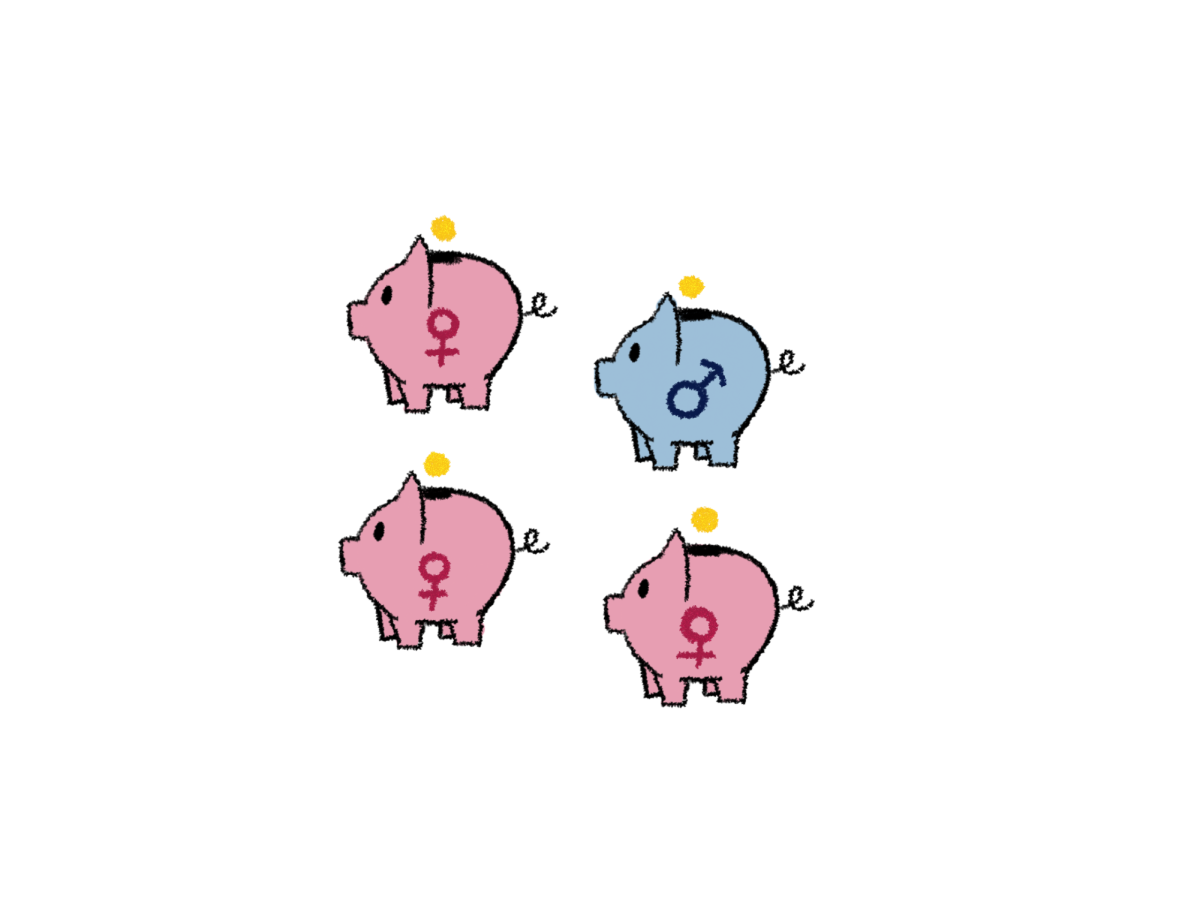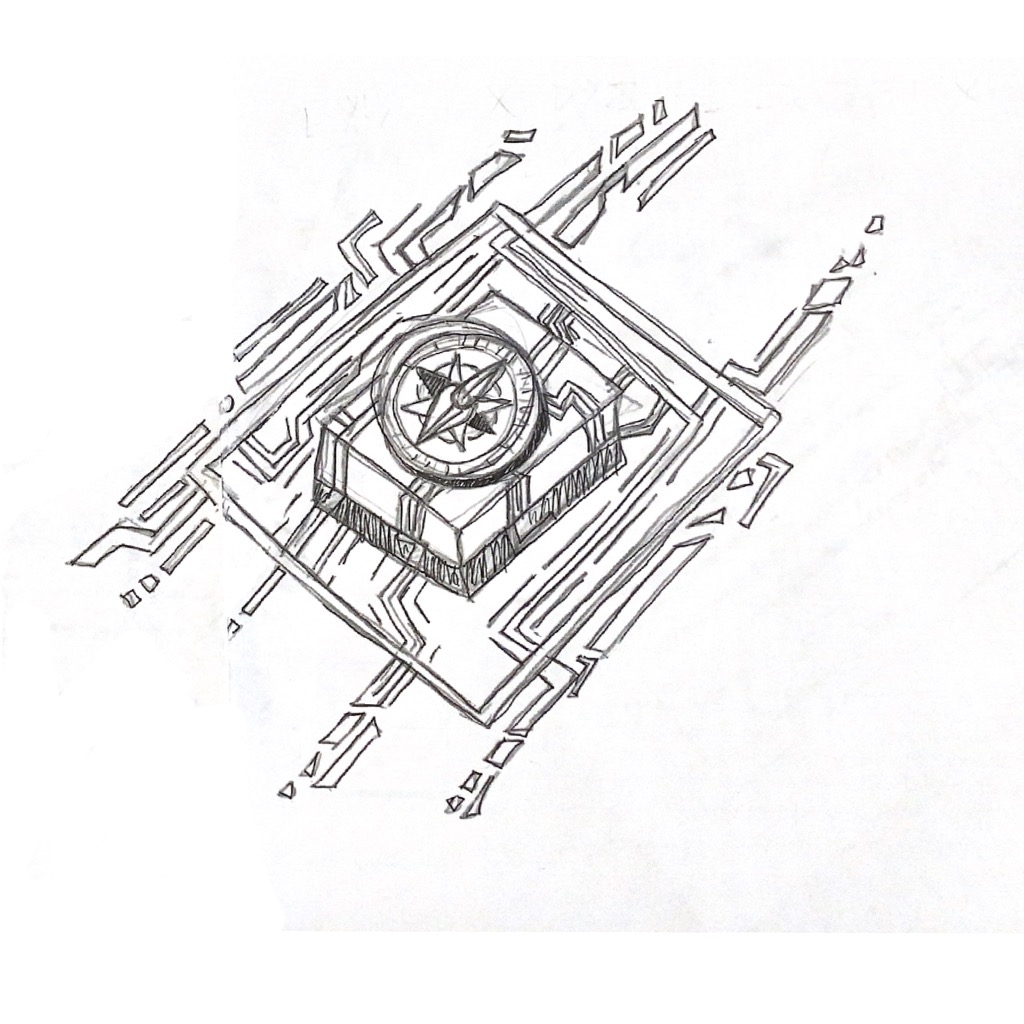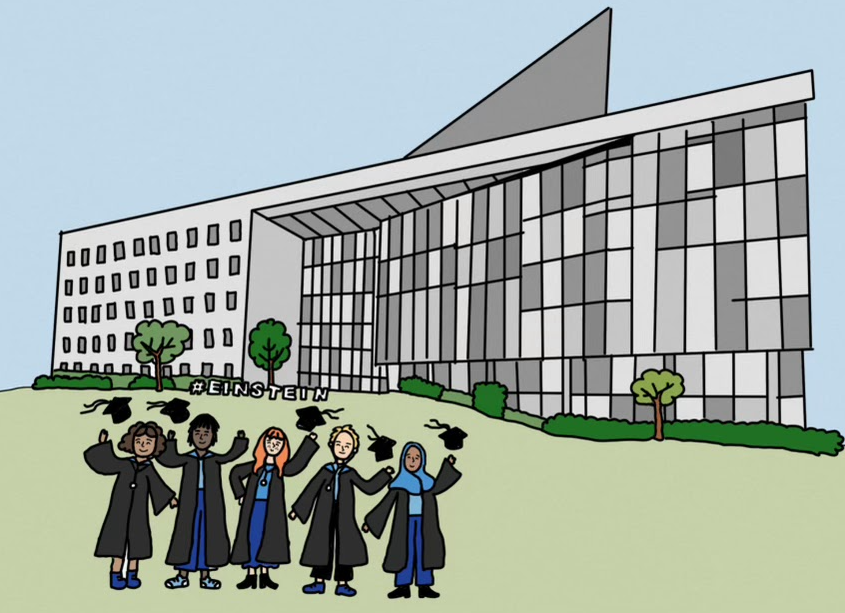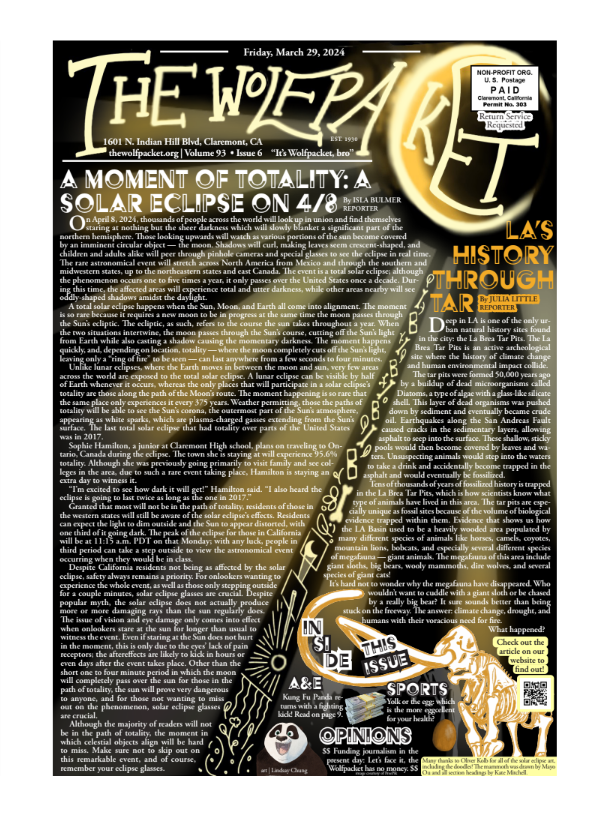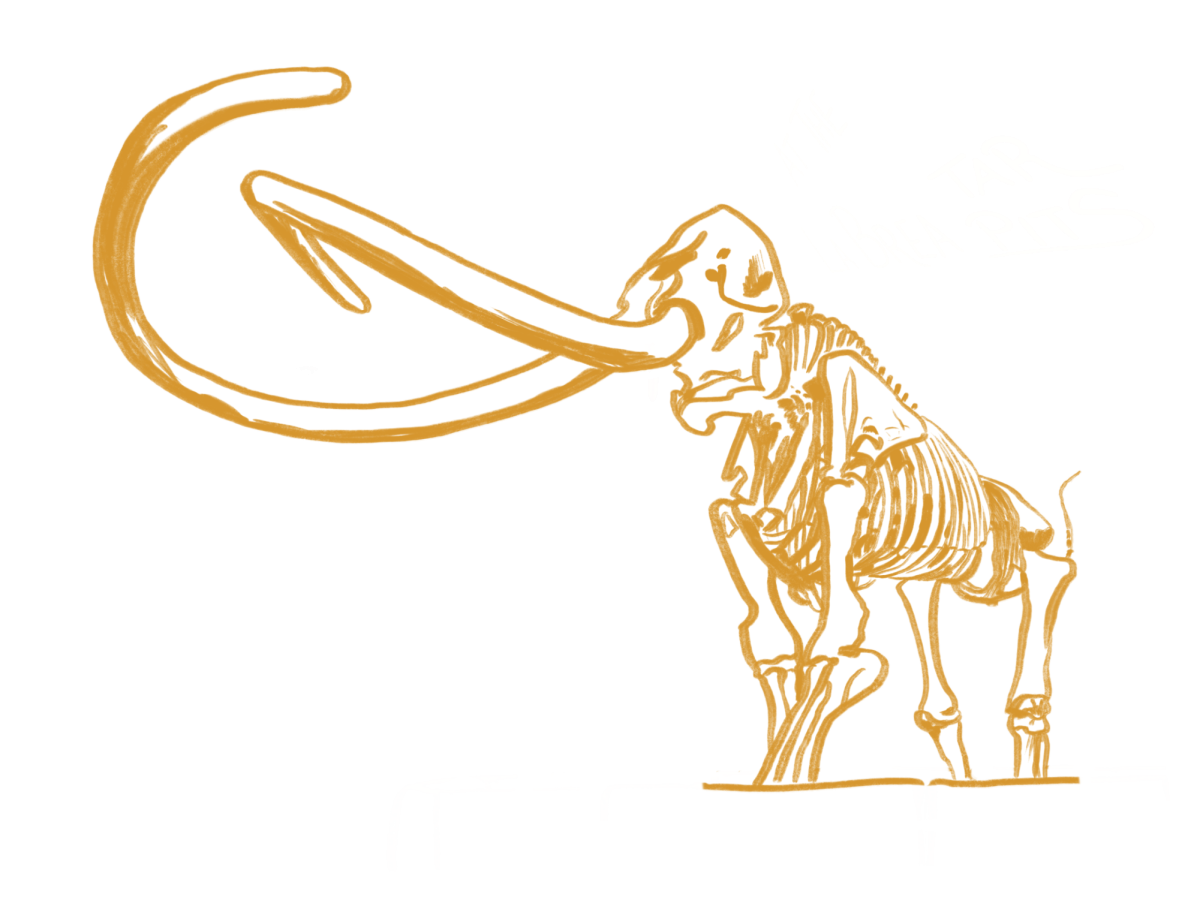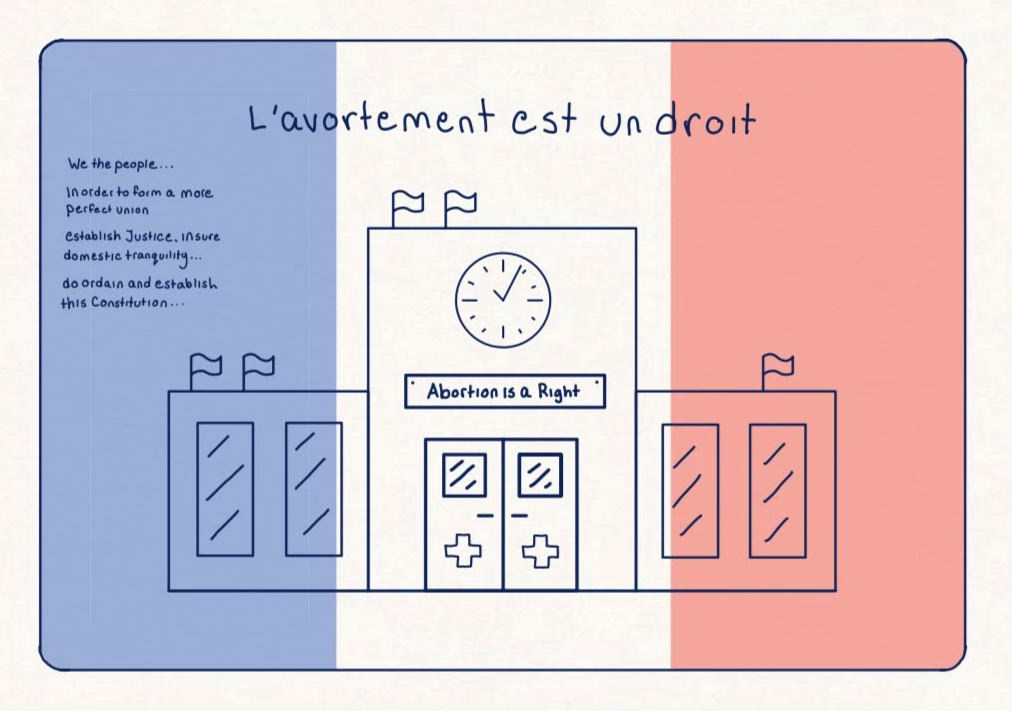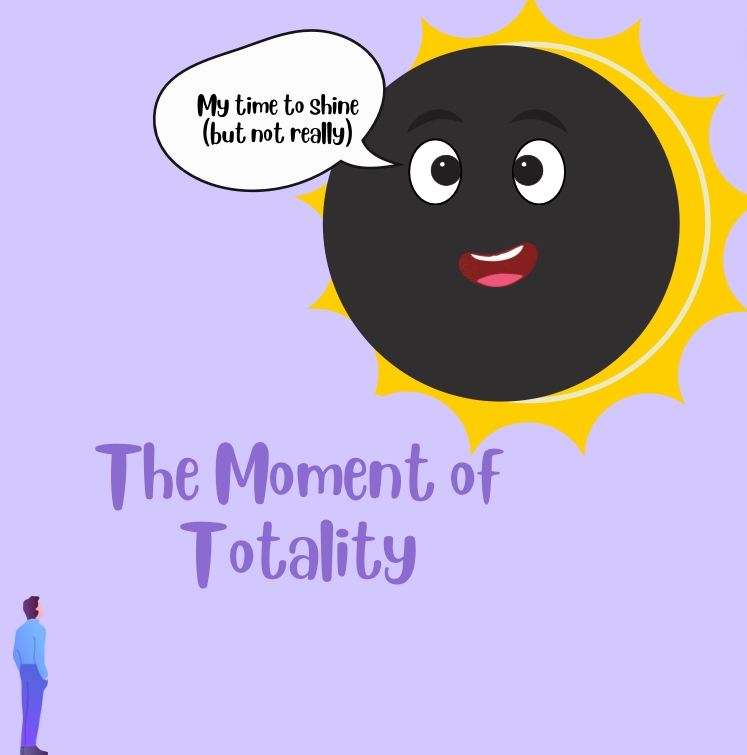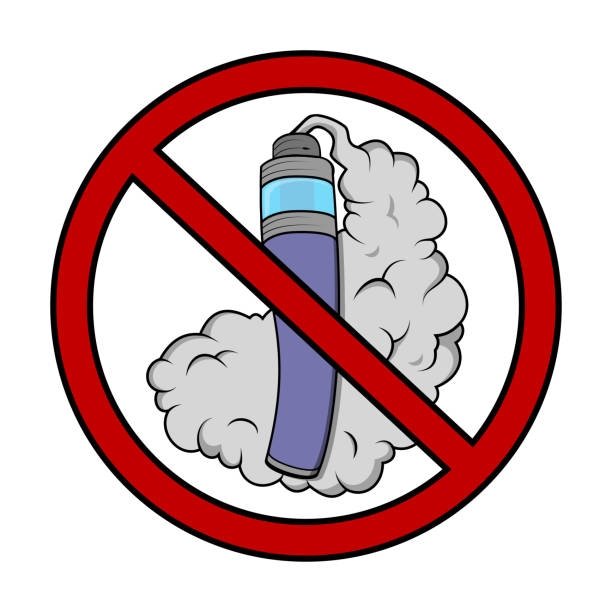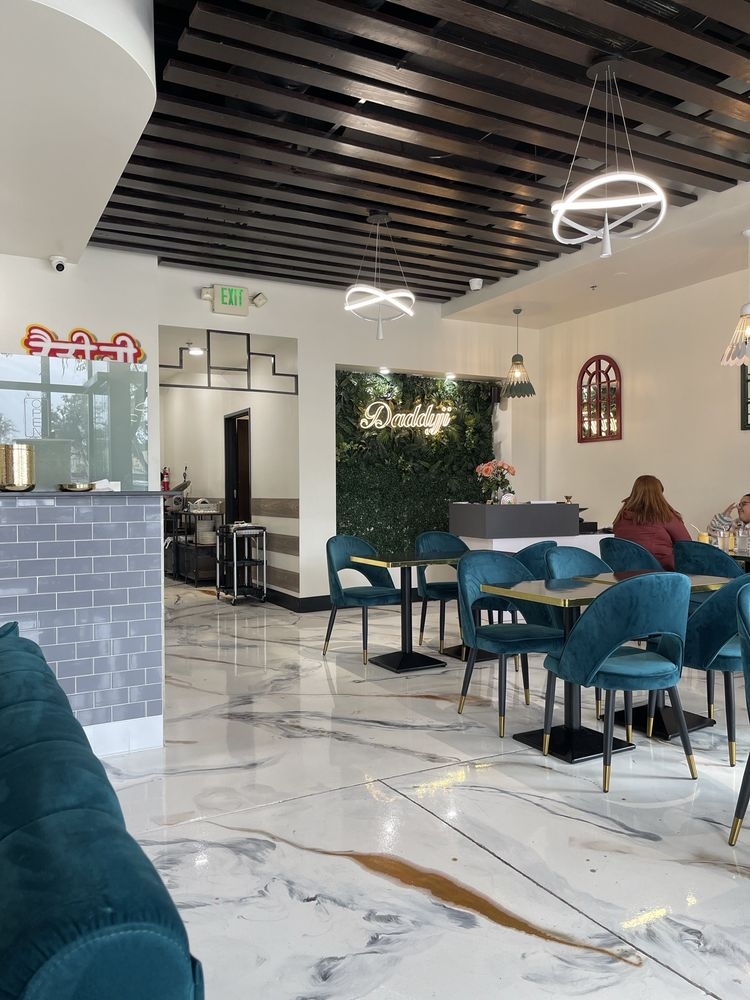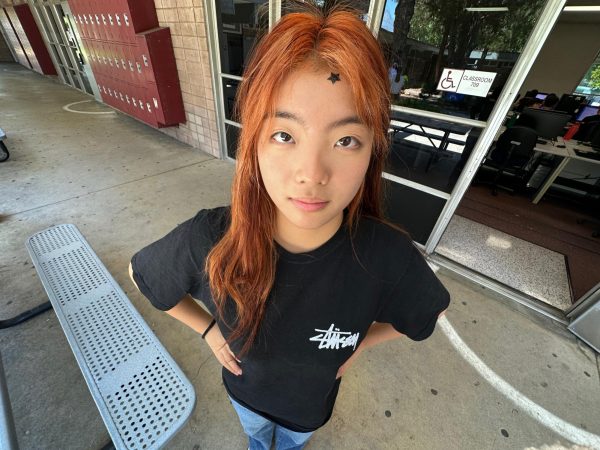Hustle culture. Downtown Los Angeles. The busy life of business entrepreneurs, fashion icons, students, and more living underneath the bustling streets and crowd of vendors. Giant cities such as San Francisco, Los Angeles, and New York City are prime examples of hustle culture, where people stay awake and continue working to keep the cash rolling. However, in recent years, the scene has shifted. Instead of a girlboss hustle culture, there is soft living. Instead of overtime hours and more pay, there is quiet quitting, and instead of investing in the future, there is investment in the present. The societal shift of norms depends on and is impacted by various factors — and this switch into the new era of living life is no different.
Before the new era of living a soft life, there was the concept of hustle culture. Hustle culture is a mentality that working long hours and commitment is the best way to get results without much regard for work-life balance. Peak hustle culture can be modeled after Anna Devloy, a con artist who scammed wealthy socialites, banks, and hotels for 4 years in New York City to create the illusion of wealth and further her brand. The Netflix Movie, “Inventing Anna,” further portrays the “girl boss” edification and the intense working culture to commit to a career. Multiple fan bases worship her and applaud her for the concept of eating the rich, but also her work ethic and on-the-grind life.
However, this concept of hustle culture has been digressing since then. The COVID-19 pandemic has significantly changed the people’s viewpoints on the best way of living. The social isolation and the concern of losing people close to us has especially contributed to the idea of soft living. Soft life is a term that stemmed from the Nigerian TikTok community, focusing on self-love and relaxation. This is the polar opposite of the girlboss hustle culture, where women felt the need to work extra hard to show their worth. Instead, the idea is that people can live life slowly and do what they need to do.
Because of this new mentality, soft living has spilled over to adults, primarily their shopping habits, investing and spending more money in the present rather than the future.
The state of the US economy is a massive contributor to this dramatic change of living. The current economy is very similar to late-stage capitalism. This term was first used by Warner Sombart, a German Economist and historian, and later characterized by Marxist critic Fredric Jameson as a stage of capitalism where everything presented is consumable and profitable. The status quo with the monetization and ads plugged into every video and post on social media causes an immense amount of over-stimulation and amplifies the message of profit and cost to the inevitable burnout.
Burnout is inevitable today, and people have created quiet quitting in response. Quiet quitting is when people only do the bare minimum of what is required. The early packing up of textbooks, the sound of backpacks zipping up two minutes before the bell, and even a horde of students standing outside the door just waiting to book it and run the second the bell rings– quiet quitting has seeped into CHS classrooms too
The practice of quiet quitting in classrooms is when people seem to lack participation — not because they do not know the answer, but because it is easier to do the bare minimum and avoid the trouble of answering. Emily Hayes is a sophomore at CHS who has felt the effects of quitting on her lifestyle and work in school.
“I have definitely felt less energy to participate in class and just do the work required to get the A. That way I can have time to spend it on things I enjoy,” Hayes said.
Hayes is not alone. More students report similar feelings with more stress and anxiety induced from college applications to standardized testing that all lead to a decrease in motivation.
The large-scale impact of the economy has now trickled down into affecting people’s lives. The retraction of hustle and burnout culture has led to an increase in quiet quitting and dimming classroom participation, all pointing to a more considerable change in lifestyles. Los Angeles might still be bustling, but the people inside it have certainly changed.






